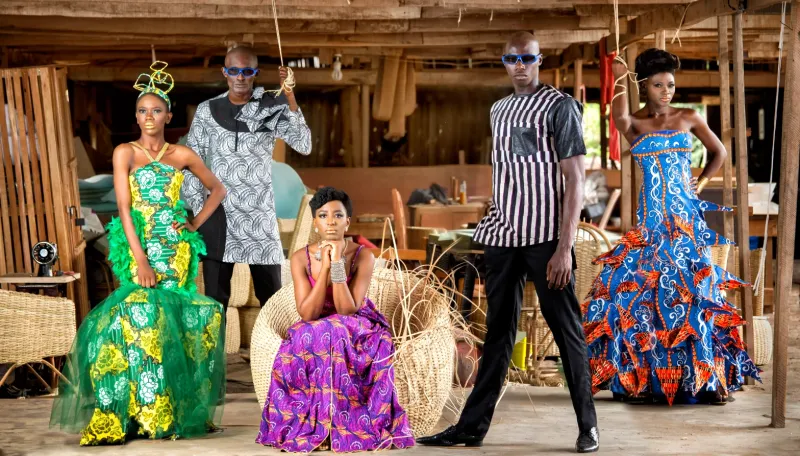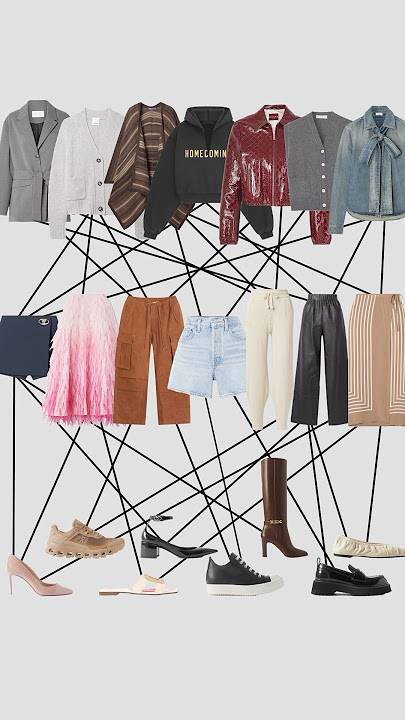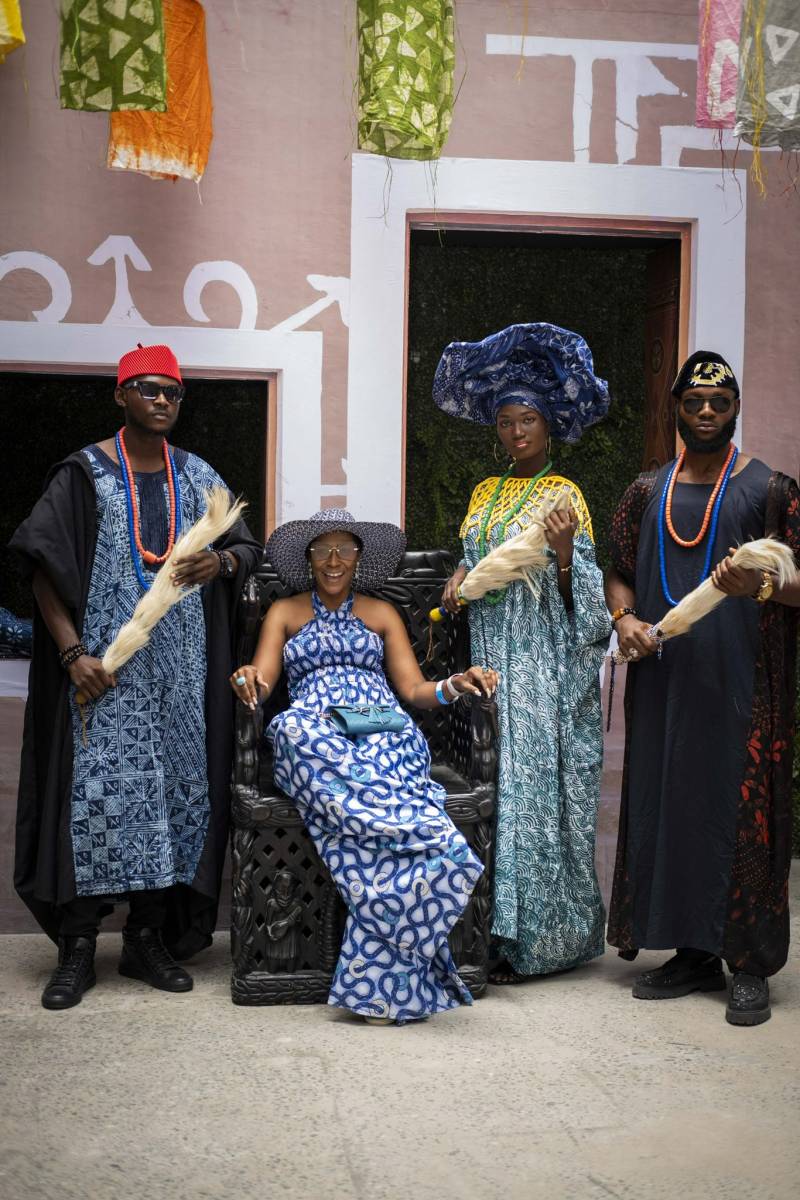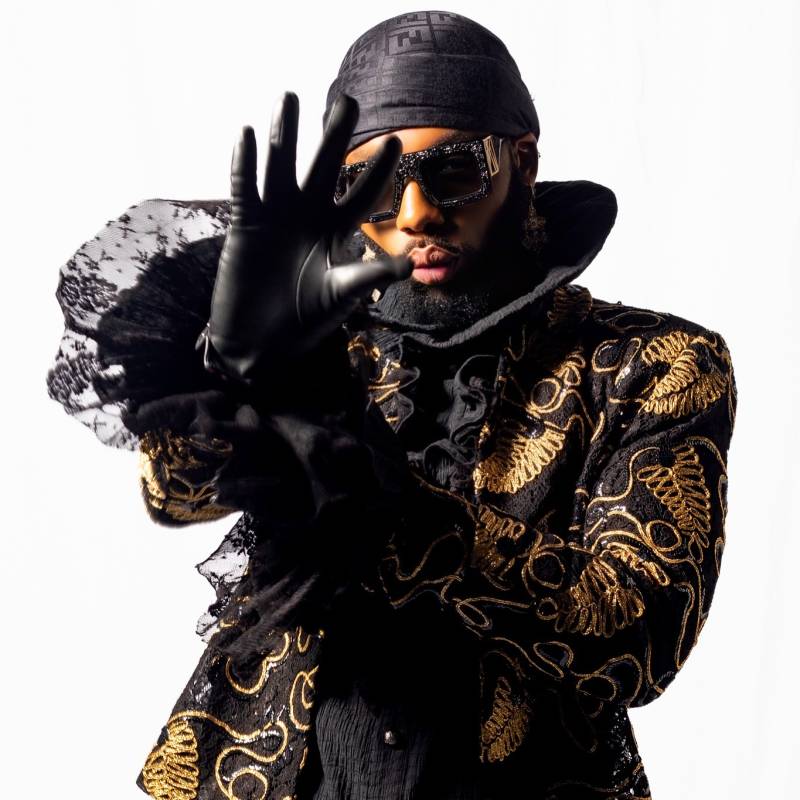In the last 15 years, African creatives have steadily—and now undeniably—reshaped the global fashion landscape. Once overlooked or only referenced in stereotypical motifs, the continent's vibrant cultures, innovative artisans, and avant-garde designers are now at the heart of fashion’s most exciting transformations. From the runways of Lagos to the grand stages of Paris Fashion Week, African creatives are not just contributing—they are leading.
The global fashion industry, long dominated by Eurocentric standards and aesthetics, is experiencing a cultural renaissance. African designers, stylists, photographers, models, and creative directors have redefined narratives by infusing their work with identity, heritage, and a strong sense of purpose. This movement is no longer niche; it’s a seismic shift. And with the success of the latest Paris Fashion Week—featuring bold, unapologetic African collections—there’s no denying that the world is watching, wearing, and walking in Africa’s direction.
Read Also: Moschino’s Dramatic Decline
What sets African fashion apart is its fusion of storytelling, craftsmanship, and cultural pride. Designers like Nigeria’s Kenneth Ize, South Africa’s Thebe Magugu, and Ghana’s Ozwald Boateng have brought new dimensions to tailoring, textiles, and streetwear. Their works reflect both modernity and tradition, honoring ancestral techniques while embracing futuristic silhouettes and ethical practices.
Diaspora voices have also been instrumental in this fashion evolution. British-Ghanaian designer Virgil Abloh, before his untimely death, shattered ceilings as the artistic director of Louis Vuitton’s menswear and founder of Off-White. His work blended skate culture, African sensibilities, and luxury fashion in a way that inspired a generation. Similarly, Wales Bonner, Grace Ladoja, and Ib Kamara are bridging the gap between cultures, proving that Black and African creativity can lead conversations on a global stage.
Recent collections showcased at Paris Fashion Week further confirmed this ascendancy. Nigerian-American brand Mowalola presented a powerful mix of dystopian futurism and Yoruba-inspired aesthetics, while South Africa’s Sindiso Khumalo stunned with eco-conscious fabrics and stories rooted in African female empowerment. These collections are not just about clothing—they are expressions of political consciousness, resistance, joy, and self-definition.
Fashion houses and global brands are beginning to recognize the value of African perspectives, not as a marketing strategy but as essential to their evolution. Collaborations between African designers and international labels have become more frequent, with brands like Dior, Balmain, and Stella McCartney seeking authentic partnerships with African artisans. Additionally, platforms like Lagos Fashion Week, Arise Fashion Week, and Johannesburg’s SA Fashion Week have become global launchpads for talent.
Digital innovation is also fueling Africa’s fashion revolution. Social media, e-commerce, and virtual showcases have enabled African designers to bypass traditional gatekeepers. Platforms like Instagram and TikTok are amplifying young creatives from Accra, Dakar, and Nairobi, offering visibility and commercial opportunities that were once impossible to attain. These digital stages have become essential catwalks for a new generation eager to celebrate Afrocentric style, sustainability, and independence.
Beyond aesthetics, African creatives are redefining luxury through purpose. Many prioritize local production, environmental responsibility, and community upliftment. In a time where conscious consumerism is on the rise, African fashion's blend of beauty and ethical values positions it as the future of the industry.
As global consumers seek authenticity, storytelling, and connection, African creatives are perfectly poised to lead. They are not merely participating in global fashion—they are reconstructing it from the ground up. Their designs carry more than trends; they carry memory, history, and bold visions of what’s to come.
From Paris to Lagos, from Accra to London, African fashion is no longer a guest at the table—it is setting the table. And the world is ready to dine.




